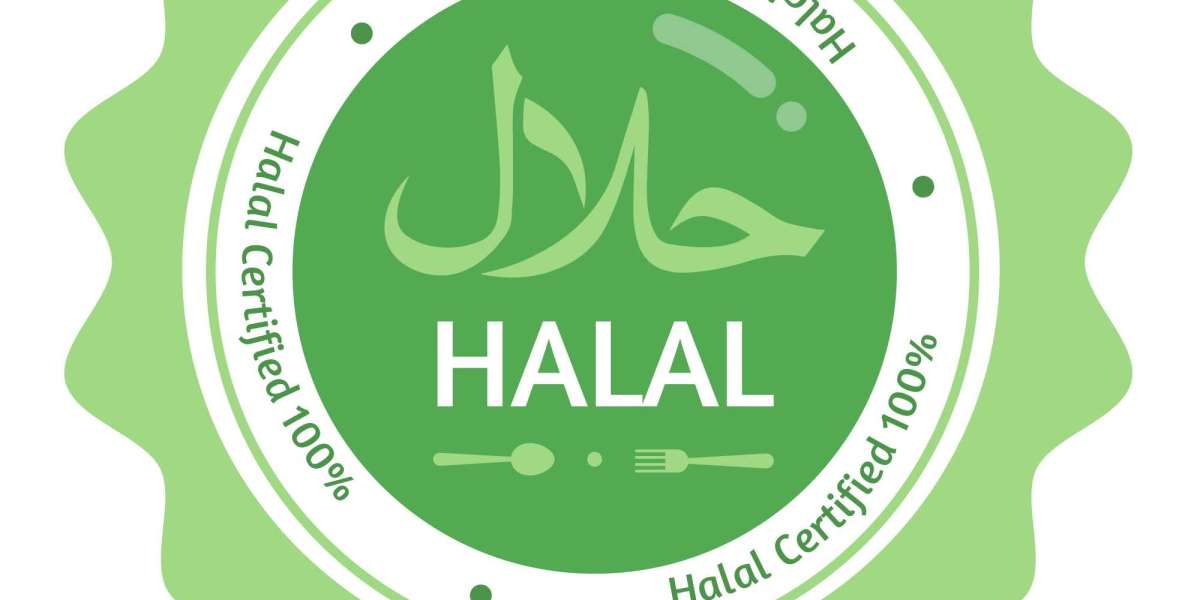In recent years, the concept of halal has transcended its traditional association with dietary preferences to become a global phenomenon influencing various industries. From food and beverages to cosmetics and finance, the halal industry has seen exponential growth, reflecting the increasing demand for products and services that align with Islamic principles. In this article, we will decode the trends shaping the halal industry, exploring its evolution, challenges, and the intersection of faith and commerce.
Halal Goes Beyond the Plate:
Traditionally, the term "halal" was synonymous with permissible or lawful food and beverages according to Islamic dietary laws. However, as Muslims seek to integrate their faith into various aspects of their lives, the halal industry has expanded to encompass a diverse range of products and services.
One prominent trend in the halal industry is the rising demand for halal-certified cosmetics and personal care products. Consumers are increasingly seeking beauty items that adhere to halal standards, avoiding ingredients forbidden in Islam. This trend reflects a desire for ethical and faith-conscious choices in the beauty and wellness sector, aligning with the timeless principles advocated by Prophet Muhammad.
Halal Tourism: Exploring Faith-Friendly Destinations:
Another emerging trend within the halal industry is the concept of halal tourism. Muslim travelers, constituting a significant market share, are actively seeking destinations that cater to their religious and cultural needs. Halal-friendly hotels, halal food options, and prayer facilities are becoming essential considerations for Muslim travelers, leading to the growth of this specialized segment within the tourism industry.
The misconception that halal is solely about dietary restrictions is debunked through the rise of halal tourism. It highlights the comprehensive nature of the halal lifestyle, where adherence to Islamic principles extends beyond what is consumed to how individuals experience and interact with the world.
Halal Finance: Ethical Investments in Islamic Principles:
In the realm of finance, the halal industry has given rise to Islamic or halal banking and investment options. Muslims are increasingly seeking financial products that adhere to Shariah principles, avoiding interest-based transactions and engaging in ethical investments. Islamic finance emphasizes transparency, fairness, and social responsibility, aligning with the values of the halal lifestyle.
A common misconception is that Islamic finance is limited to specific religious rituals. In reality, it is a comprehensive system that promotes economic justice, ethical business practices, and societal well-being, mirroring the core principles of Islam.
Challenges and Opportunities:
Despite the growth and positive trends in the halal industry, there are challenges that must be addressed. Standardization of halal certification processes and regulations remains a complex issue, leading to variations in practices across different regions. Clear and universally accepted standards are essential to ensure the integrity of halal products and services.
Additionally, the perception that halal products are exclusively for Muslims may hinder the industry's growth potential. Efforts should be made to communicate that halal signifies quality, ethical sourcing, and adherence to specific standards that benefit a broad range of consumers.
The Global Halal Market: Opportunities for Inclusivity:
The halal industry is not limited to Muslim-majority countries; it has become a global market, with non-Muslims also recognizing the value of halal-certified products. The appeal lies in the ethical and hygienic practices associated with halal, making it a mark of quality assurance.
This inclusivity challenges the misconception that the halal industry is exclusive to Muslims. In reality, it represents a convergence of values that resonate with individuals seeking ethically sourced and responsibly produced goods and services.
Conclusion: A Holistic Approach to Halal Living:
In conclusion, decoding the trends in the halal industry reveals a dynamic landscape that extends beyond dietary choices. From cosmetics to tourism and finance, the halal industry reflects the diverse interests and needs of a global Muslim consumer base. As misconceptions about islam halal lifestyle are dispelled, the industry's potential for growth and positive impact on various sectors becomes evident.
The future of the halal industry lies in embracing a holistic approach to halal living, where individuals, regardless of their religious background, can make informed and ethical choices. By understanding and appreciating the trends shaping the halal industry, we contribute to a global conversation that values inclusivity, transparency, and ethical practices in the marketplace.








